what is glomerulonephritis?
A glomerulonephritis is a group of kidney disorders. It is an inflammation and injury in glomerulus glomerular capillaries. Glomerular infection and inflammation occur after streptococcal infection, so-called post-streptococcal glomerulonephritis (PSGN). Glomerulonephritis occurs due to repeated episodes of acute nephrotic syndrome.
Definition of glomerulonephritis
what is glomerulonephritis is defined as the inflammation/damage to the glomeruli of the kidney.

Types of Glomerulonephritis
Acute glomerulonephritis – occurs suddenly 2 – 3 week after a streptococcal infection.
Chronic glomerulonephritis – occurs after the acute phase (after many months of infection).
Primary glomerulonephritis – due to kidney disorder.
Secondary glomerulonephritis – due to any systematic disorders.
Cause of Glomerulonephritis
- Immunological disorders
- Streptococcal infection of the throat
- Hereditary disease
- Autoimmune disease
- Diabetes and infection
- Endocarditis
- Upper respiratory tract infection
- High blood pressure
- Vasculitis.
Pathophysiology of Glomerulonephritis
Cause
↓
Immune response
↓
Antigen and antibody reaction
↓
Inflammation and injury in the glomerulus
↓
Glomerulonephritis
Sign Symptoms of glomerulonephritis
- Gross haematuria
- Oliguria and anuria
- Proteinuria
- Smoky color urine
- Dark cola colored urine
- Flank region kidney pain
- High blood pressure
- Abdominal pain
- Generalised edema
- Headache
- Weakness
- Fever
- Fatigue
- Anorexia
- Nausea, vomiting
- Pallor.
Diagnosis of Glomerulonephritis
- History collection and physical examination.
- Blood test – detect blood urea nitrogen (BUN) and serum creatinine level.
- Urine examination
- ASO titer test – to detect streptococcus infection.
- Renal biopsy
- Renal scan
- IVP
- RFT.
Treatment of Glomerulonephritis
- Provide antibiotics therapy for streptococcal infection.
- Antihypertensive medication for control BP.
- Diuretics provided to relief edema.
- Steroids to decrease inflammation.
- Immunosuppressant and corticosteroid agents.
- Provide physiotherapy.
- Restriction sodium and water intake.
- Provide calcium supplements.
- Dialysis therapy.
- Lymphatic massage to reduce the edema.
- Provide high calories and moderate protein diet.
- Breathing exercise.
Glomerulonephritis Complications
- Acute and chronic renal failure
- Hypertensive crisis
- Nephrotic syndrome
- Encephalopathy
- Pulmonary edema
- Congestive cardiac failure
- Electrolytes imbalance.
Nursing Management of glomerulonephritis
Nurses monitor patients’ vital signs and physical examinations.
Establish appropriate nurse-patient relationships.
Monitor patient skin integrity and edema.
Mental patient input and output chart.
Provide physiotherapy and exercise.
Instruct the patient about the benefits of exercise.
Nurses help to improve blood circulation.
Nurse help to lifestyle change –
Provide calcium supplements
Low sodium and water intake
Moderate protein and high calorie diet
Maintain weight
Provide exercise and physiotherapy
Health education
Prepare a patient for dialysis.
Educate about the benefits of follow-up care.
Read also.> Urinary tract infection UTI
Key Points of glomerulonephritis
- A glomerulonephritis is a group of kidney disorders that are characterized by – Inflammation of glomeruli.
- The most common cause of glomerulonephritis – is Streptococcus.
- Glomerular damage allows which substance is present in urine – Protein.
- Another name of glomerulonephritis – Post streptococcal glomerulonephritis.
- Glomerulonephritis causes hypertension due to – Accumulation of fluid and sodium.
- Risk of developing acute glomerulonephritis – Positive ASO titer.





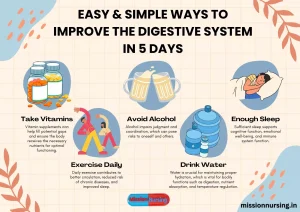


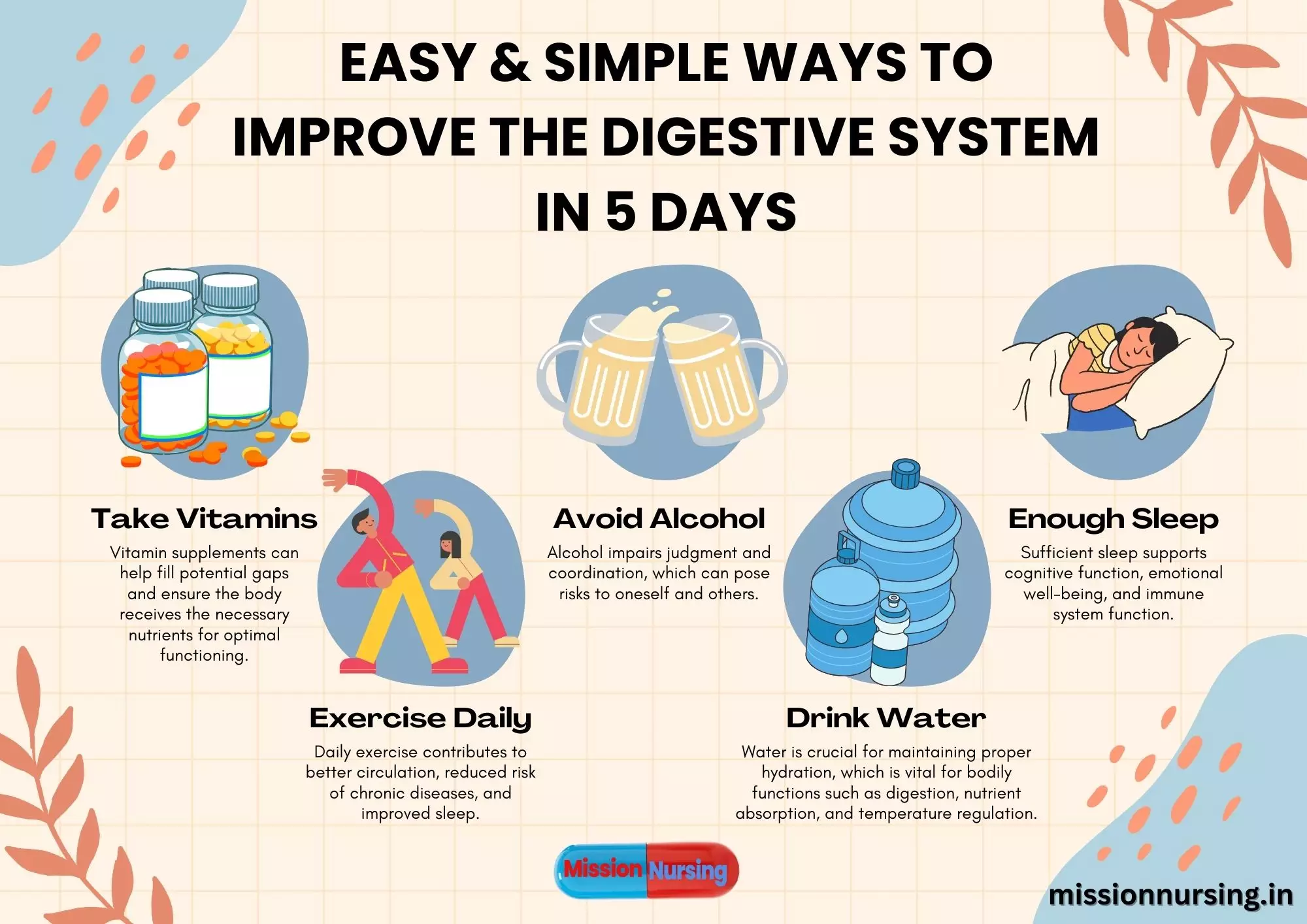
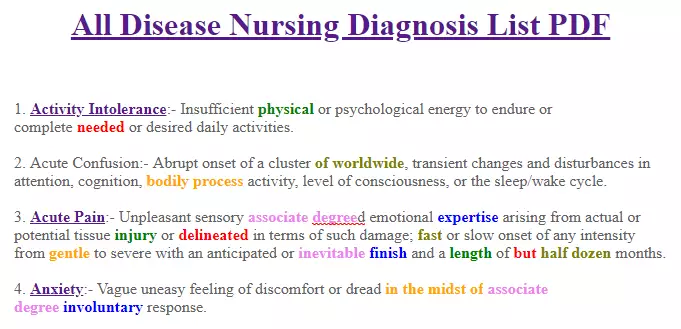
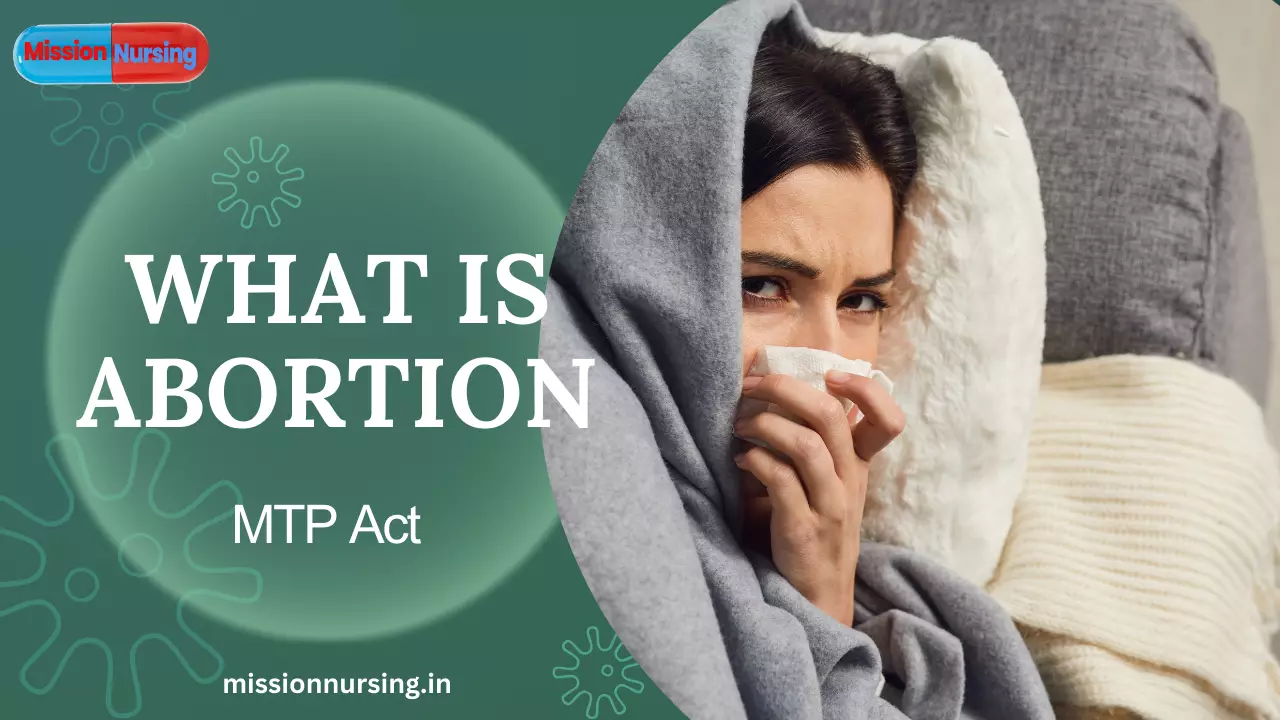
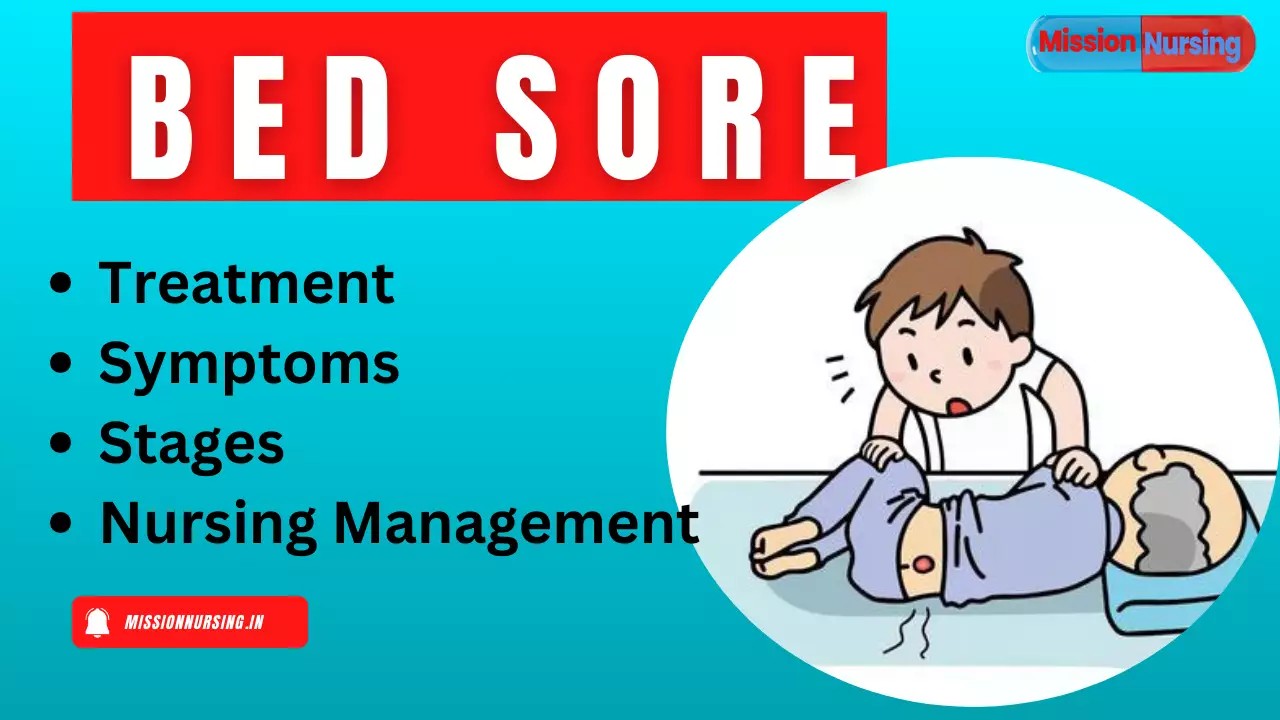








1 thought on “what is glomerulonephritis?”